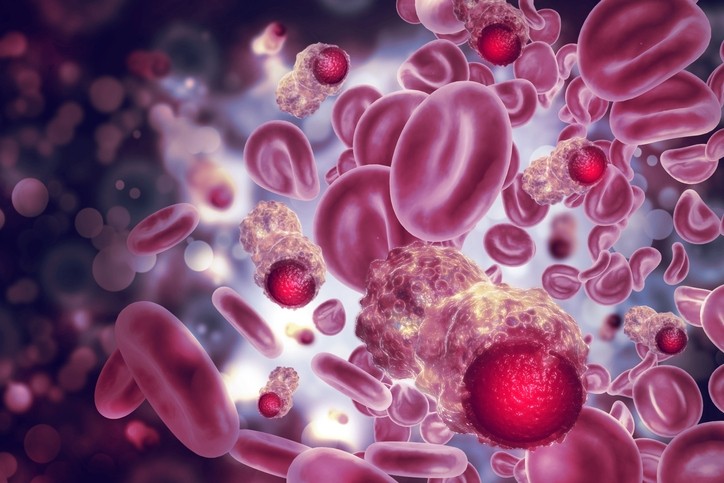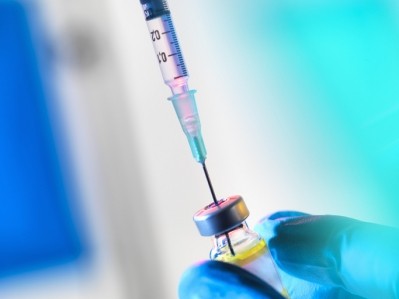GSK therapy fails to meet primary endpoint in blood cancer trial

Blenrep (belantamab mafodotin) is an antibody drug conjugate (ADC). It comprises a humanized B-cell maturation antigen (BCMA) monoclonal antibody conjugated to the cytotoxic agent auristatin F via non-cleavable linker.
The drug is currently indicated as a treatment for patients with relapsed or refractory multiple myeloma (RRMM) who received at least four prior therapies. The US authorities issued the accelerated approval for the drug based on the results of the DREAMM-2 overall response rate, duration of response (DOR) and it is contingent upon a confirmed clinical benefit from a randomized phase III clinical trial.
The study
DREAMM-3 was an open-label, randomized phase III clinical trial in which Blenrep was compared to the current standard of care in terms of treating individuals with RRMM. A read-out of the study was released today.
The pharma giant confirmed its monotherapy versus pomalidomide in combination with low dose dexamethasone (PomDex) did not meet its primary endpoint of progression-free survival (PFS) in RRMM patients.
GSK said that investigators observed a hazard ratio of 1.03 despite a longer median PFS recorded for Blenrep than PomDex (11.2 months vs 7 months). In terms of secondary endpoints, the overall response rate (ORR) for the GSK treatment was 41% while, for PomDex, it was 36%. But the DOR was not reached for Blenrep and was 8.5 months for PomDex.
The trial involved a total of 325 participants, who received either single agent belantamab mafodotin administered as a 2.5 mg/kg dose every three weeks (Q3W), or PomDex. Pomalidomide was administered daily on days 1 to 21 of each 28-day cycle, with dexamethasone administered once weekly.
The company is in the process of sharing the data from DREAMM-3 with the health authorities.
The results could call into question Blenrep's existing approval, analysts at JP Morgan warned in a note.
Further trials
A GSK spokesperson told BioPharma-Reporter that while the company is disappointed the study did not meet its primary endpoint, it remains confident in Blenrep and its value as a treatment option for patients with multiple myeloma (MM).
"While DREAMM-3 did not meet its primary endpoint of superiority in monotherapy relative to an active control (PomDex), patients in this trial who responded to treatment with Blenrep achieved deep and durable responses."
GSK said additional trials under the DRiving Excellence in Approaches to Multiple Myeloma (DREAMM) clinical trial program will continue. They are designed to demonstrate the benefit of Blenrep in combination treatment with novel therapies and standard-of-care treatments in earlier lines of therapy.
"Standard of care in multiple myeloma is combination treatments – and we anticipate topline results from our DREAMM-7 and DREAMM-8 clinical trials, which are evaluating Blenrep in combination with standards of care in the first half of 2023.
"We’ve also seen initial and promising results from the DREAMM-9, DREAMM-6, ALGONQUIN and BelaRD trials for Blenrep in combination with standard of care therapies in earlier lines of treatment. These data were presented at medical congresses in 2021 and earlier this year," continued the GSK representative.







